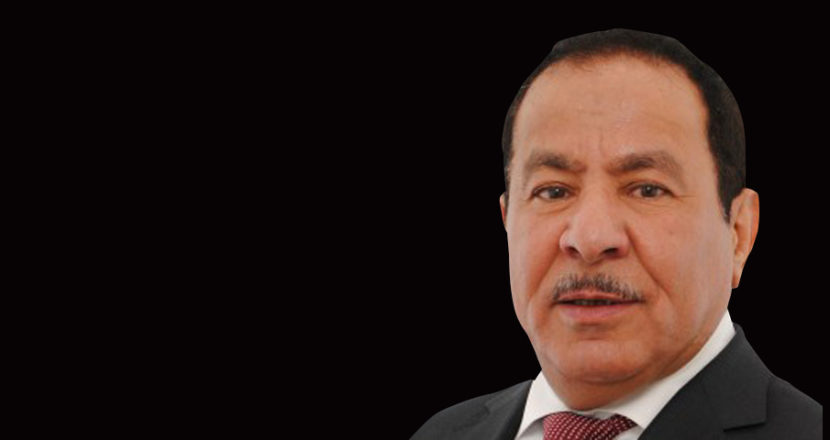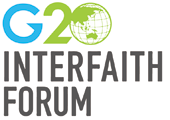
KAICIIDからのごあいさつ
G20グループの会合が今年は日本で開催されます。政府だけでなく宗教的指導者たちを含む世界各国の指導者たちが、今日世界が直面する課題に一致して取り組むことが、ますます重要になってきてます。世界、地域、そして国家に関わるこれらの今日的課題に対処するには、全ての関係者が協力する包括的アプローチが不可欠であり、従って宗教団体とその指導者たちも重要な役割を果たさなければなりません。その役割のひとつは言うまでもなく共同体、特に人生や家族全般に関わることです。しかしそればかりではなく、政策立案者や世界的指導者に対して積極的に関わっていくことも重要です。共同体、国、そして世界レベルで対話の場を設けることも、こうしたアプローチを充実させるために有用です。
建設的で積極的な変化を実現するための支持を集めようとするとき、宗教指導者らの努力は不可欠となります。あらゆる宗教の根底にある平和と人類の団結を呼びかける普遍的価値が変革をもたらす力は、平和や発展を阻む様々な困難に立ち向かうにあたって力強い枠組みとなることが実証されています。政策立案者がこれらの行動主体や関係者を制度的に組み込む包摂的な場を設けることは、安定と社会的団結、継続的人間開発をもたらす効果的な介入プログラム実現の可能性を高めます。KAICIIDの任務は、文化間・宗教間プログラムを通じて政府と宗教的主体との協力の可能性を醸成し活用する、招集的役割にあります。平和、社会的団結、共通の市民性に向けた既存の努力を支援するために枠組みとツールを提供するというこの役割において、当所は宗教指導者・宗教団体と政策立案者やそのたの関係者の協力関係を創始・強化する新しいイニシャティブを育て、今日の世界が直面する課題に一致して立ち向かおうとしています。
KAICIID(アブドゥッラー・ビン・アブドゥルアズィーズ国王宗教・文化間対話研究所)事務総長
ファイサル・ビン・アブドルラーマン・ビン・ムアマール
Greeting
Secretary General, KAICIID
Faisal bin Abdulrahman Muaammar
As the G20 Group meets this year in Japan, the challenges of today’s world need, more than ever, common responses from key international leaders, both political and religious. Addressing these international, regional and national issues requires collaborative and inclusive approaches from all stakeholders and hence religious institutions and leaders must be key actors in this process. They of course have a responsibility to deal with issues affecting their communities in particular and the human family as a whole. However their efforts should be enhanced by engagement with policy makers and world leaders. Setting up dialogue platforms at community, national and global levels is one method that can enhance such an approach.
The efforts of religious leaders is essential in mobilizing support for constructive and positive change. The transformative power of the universal values that underline all faith groups’ messages of peace and human solidarity is a powerful framework that has proven to be effective in facing many challenges in areas such as peace and development. When policy makers systematically provide inclusive spaces to engage such actors and stakeholders, they enhance the chances for successful intervention programs in order to bring stability, social cohesion and sustained human development. KAICIID’s mandate and convening role is to cultivate and tap into this potential collaboration between political and religious actors through intercultural and interreligious programs. We offer our frameworks and tools to support existing efforts towards peace, social cohesion and common citizenship. In this context, we foster new initiatives to establish and strengthen cooperation among and between religious leaders, institutions and policy makers, as well as with other stakeholders, in order to jointly address the challenges the world faces today.
